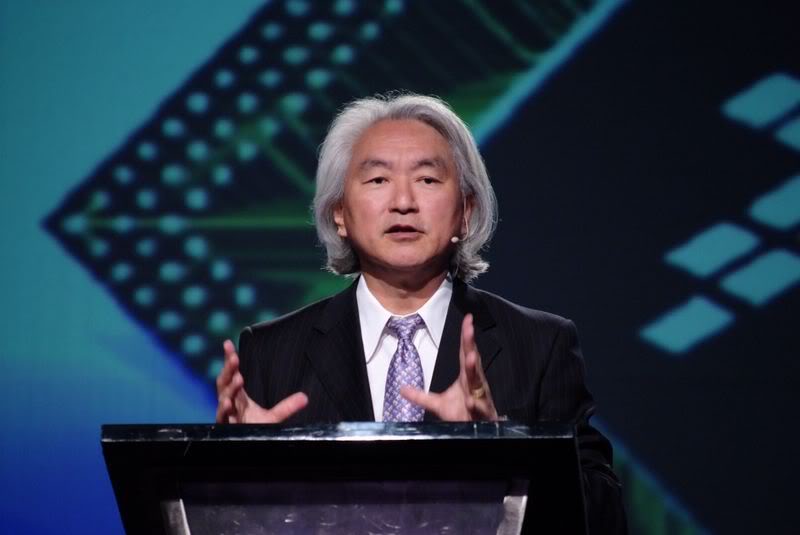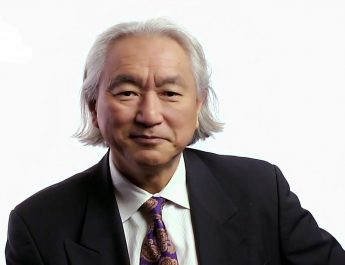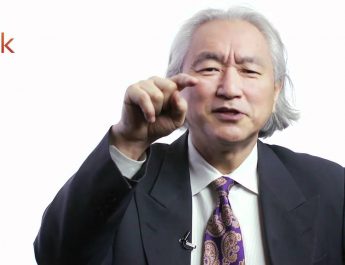Michio Kaku explains the main reason that will be a key factor in determining which countries will be poor and which will be rich in the near future. Countries that only rely on commodities like oil is getting cheaper and cheaper every year but those who depend on intellectual capital, the power of the mind is becoming more and more precious.
“First, education. We must educate people for the future, the future is gonna be more scientific not less scientific. First is education.”
“Second! We must allow entrepreneurs, innovators, scientists, engineers, businessmen to flourish in the future. To create new industries, new silicon valley’s…innovation! Entrepreneurs to create industries to hire more workers.”
“Three, the Government has to get out of the way.”
“The response of politicians is tax tax tax, regulate regulate regulate. That’s not the way to create wealth! Wealth has to be encouraged. Wealth has to have a nudge, we have to have LESS regulation, not MORE regulation to allow companies to flourish to create JOBS because that’s where the JOBS of the future are gonna come from.”
“Fourth! The nature of the jobs will change. Less farming and more and more intellectual capital. The capital of the mind. We must have both! We have to have food, metals, commodities, oil but we also have to liberate ourselves with the power of the mind because capitalism itself is changing from commodity capital to intellectual capital.”

Michio Kaku is an American theoretical physicist, futurist, and popularizer of science. Kaku is a professor of theoretical physics at the City College of New York and CUNY Graduate Center. He has written several books about physics and related topics, has made frequent appearances on radio, television, and film, and writes online blogs and articles. He has written three New York Times bestsellers: Physics of the Impossible (2008), Physics of the Future (2011), and The Future of the Mind (2014). Kaku has hosted several TV specials for the BBC, the Discovery Channel, the History Channel, and the Science Channel. (Wikipedia)




